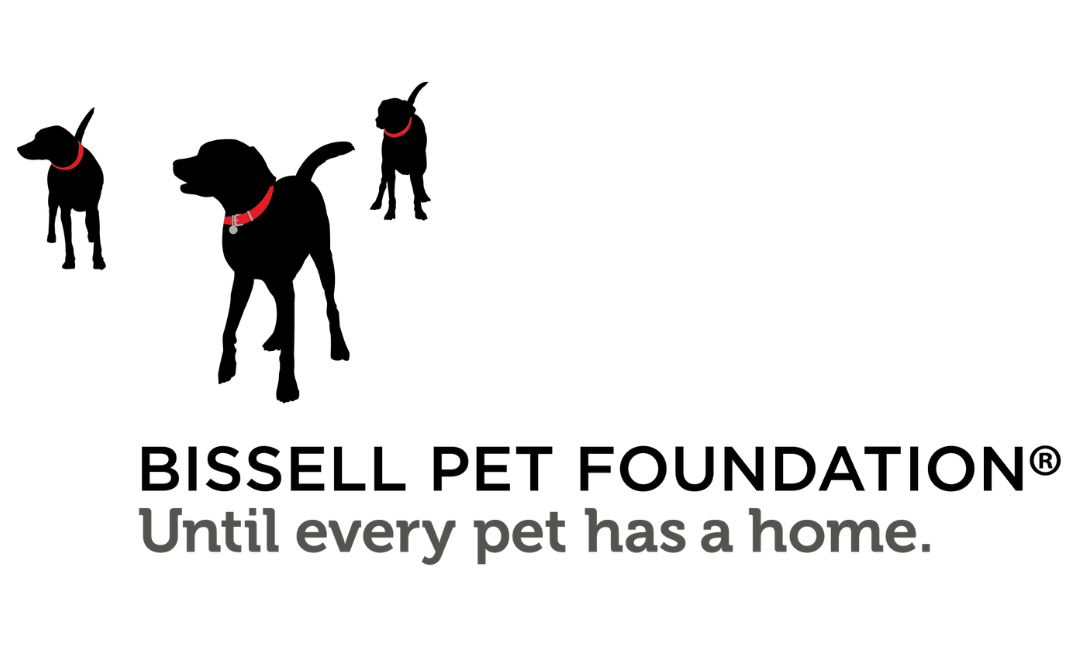Have an animal nesting or using a space that you would prefer they did not? Humane Harassment is a process used to disturb an animal to such an extent that it decides to leave its den and move on. These techniques are used to spare the life of the animal and avoid needless trapping. When it comes to skunks try these tips.
UNDER PORCH/DECK/STAIRS:
Skunks will use cavities to raise young, but will leave as soon as young are old enough. The simplest option is to allow them to leave on their own to avoid spraying. Harassment such as socks or tennis balls soaked in vinegar can work. One way doors or an L-shaped barrier will prevent future denning, but it is imperative to make sure no babies are left behind first.
WINDOW WELL:
Skunks do not see well and sometimes get trapped in unlikely situations. Put a wide board, slanted at a 45 degree angle into the window well, add a towel or rope for traction. The skunk may climb out on its own. One can also slowly lower a plastic garbage can or large bucket, with cheese, tuna, or sardines inside, into the window well. Drill holes in the can to thread a rope, so you can easily lower and lift it out of the window well. Make sure the can is on its side so the skunk can walk in. Slowly lower it into the well. If the skunk begins stamping its feet or raising its tail, move away until this warning behavior stops, then begin again. Once the skunk is fully inside, slowly tip the can up and raise it to ground level. Lower the can so the skunk can walk out. Make sure the open end of the can is facing away from you. Once animal is out, cover window wells.
Bird/Squirrel Feeder Issues
Birds and rodents both love to eat seeds. Mice and rats will forage on the ground for spilled seed and hulls. To keep rodents of all kinds away from your bird feeder, you need to manage the mess the birds leave behind.
- Use a Seed Tray: Install a seed catcher tray to catch stray seeds and hulls that the birds drop as they eat.
- Choose No Waste Bird Food: A number of bird feeding options are available that reduce the amount of waste. Look for hulled seeds, including sunflower hearts, shelled peanuts, and hulled millet. You can also try suet, nectar, thistle, or cracked corn.
- Clean Up: Use a broom to regularly sweep up seeds and hulls on the ground.
- Store Smart: Store your bird seed in airtight, watertight, rodent-proof containers away from where rodents live.
- Locate Feeders Away from House: If you have a choice, place your feeders closer to natural areas, rather than near your house.
- Rodent-Proof Your Feeders: Use baffles to prevent rodents from climbing the pole, and place feeders where rodents can’t get to them. Avoid ground feeders if you have a rodent problem.
- Rodent-Proof Your House: Because it’s impossible to keep mice and rats completely away outdoors, protect your home by sealing any cracks and openings where they might get inside
IN WOODPILES:
Chili powder is a nontoxic irritant that affects all mammals and when used regularly will deter. Sprinkle chili powder anywhere wild animals are frequenting or wherever animals are digging. Vinegar is also offensive. Place vinegar soaked rags or spray directly onto areas wildlife finds attractive. Reapply daily for best results.
DIGGING IN LAWN:
When it rains, grubs come to the surface and animals can smell them and will begin digging. Once the lawn dries out, the digging should cease. Natural products like Milky Spore can be applied to the lawn to reduce grubs. Cayenne pepper can also be sprinkled on more localized digging for a temporary repellent.










